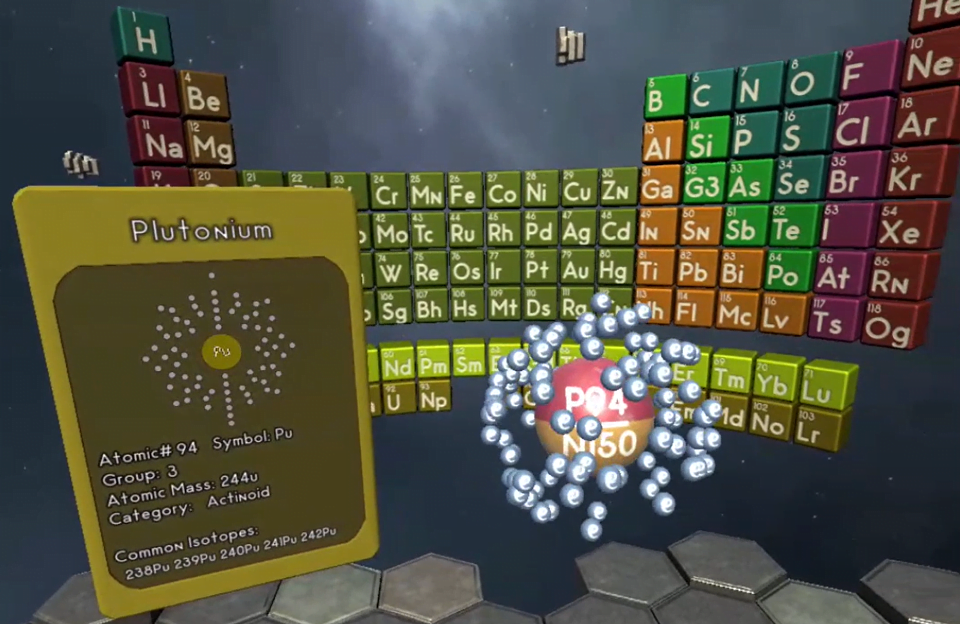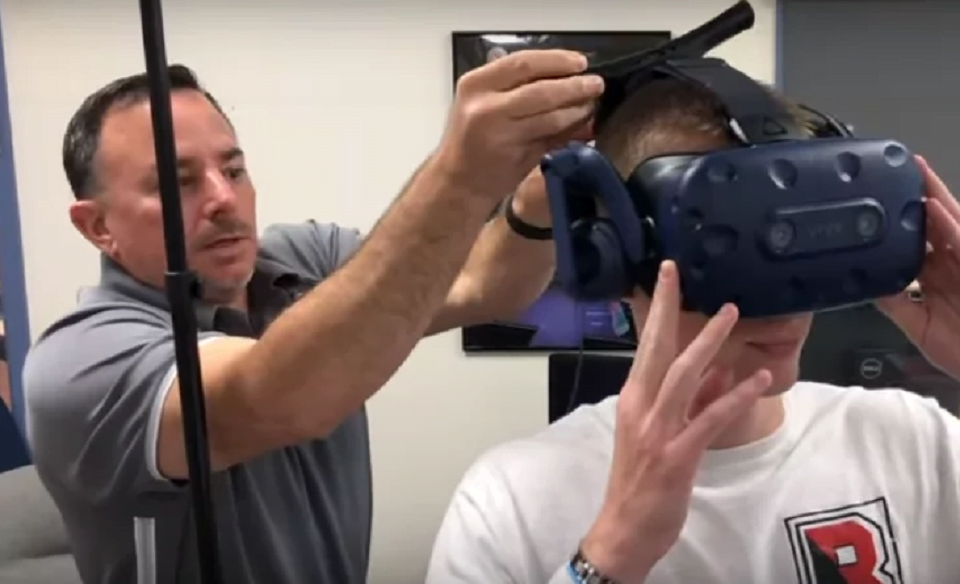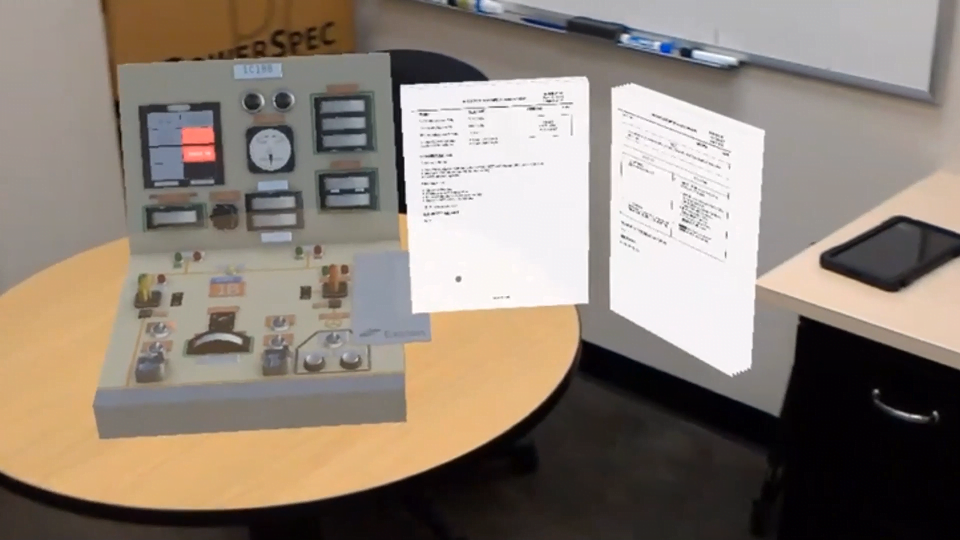Envision is proud to announce the development of a VR application called ELEMENTS to be sold in Hamilton Buhl’s educational product line. The VR application will focus on the periodic table of elements for use in chemistry classrooms for the K-12 age range. The application will feature the use of Oculus Quest/Quest 2’s standalone functionality with innovative hands-free gestures to navigate the experience. Students will both learn about the elements and take quizzes to capture the enhanced knowledge retention and learning that comes with the use of VR in the classroom.
23 May 2019
Envision is proud to announce our selection to develop a Virtual Reality (VR) Simulator for the Burlington County Institute of Technology (BCIT) Law and Public Safety Program, for use in its forensic science courses administered at two physical campuses in New Jersey. Up until now, BCIT’s forensic science courses utilized a physical room containing physical props and mannequins to simulate a forensic crime scene. This configuration produced the following negative issues:
- The physical crime scene room was not realistic. It was composed of 4 walls, a ceiling, and floor that was like other parts of the school building. It lacked the surrealness that a forensic crime scene investigator would encounter in the real world.
- The mannequin, which represented a murder victim, did not feature realistic wounds and was located in the same place for every student exercise.
- Only one student at a time could use the physical crime scene room.
Envision will develop 10 unique and immersive forensic crime scenes and a forensic crime lab experience to end each crime scene experience. The 10 unique forensic crime scenes each take place in a different environment, ranging from urban to suburban to rural and during both day and night. The VR crime scenes will feature rich and complex 360-degree 3D background environments with ultra-realistic color, texturing, lighting, and shadowing. Each crime scene has a unique soundtrack to realistically distract the student investigator. For example, the urban city alley crime scene will feature automotive sounds like horns, tires spinning on road surfaces, and multiple engine hum.
Envision will implement an innovative menu system of tools for the VR investigator to use such as an in-VR experience camera, a magnifying glass, crime scene tape to measure and cut, proper evidence containers for both wet and dry evidence as well as murder weapons, measuring devices, ground chalk, headlamp, and gloves. The user will access this tool menu using innovative slide out story board panels. The VR experience is 6 Degrees of Freedom (6Dof) which allows the user to physically walk around a pre-defined barrier physical space to collect evidence. Once the user has collected all of the evidence, they will proceed to the VR forensic crime lab. Inside the VR crime lab, the user will be presented with a different set of tools such as ultraviolet fingerprint flashlights, memory card readers, DNA storage bins, and a virtual PC to view the photographs they took while in the VR experience. All actions of the entire VR forensic simulator experience will be logged and sent to the instructor for post-exercise evaluation.
25 Mar 2019
Envision is proud to announce our selection to develop an Augmented Reality (AR) iOS and HoloLens application for Exelon Corporation’s The Future of Learning Program. The application will tackle both the costly expense of training and nuclear operator training room bottlenecking that occurs from workforce size.
Our AR solution will address the needs of Exelon by providing a feasible method of training and simulation that any trainee can use either on-site or remotely via phone, tablet, or headset, most importantly outside of the physical nuclear training operating room. The use of our AR app at Exelon will result in trainees conducting more efficient training experiences in the actual physical simulator by eliminating the problems of time-consuming familiarization and orientation.



